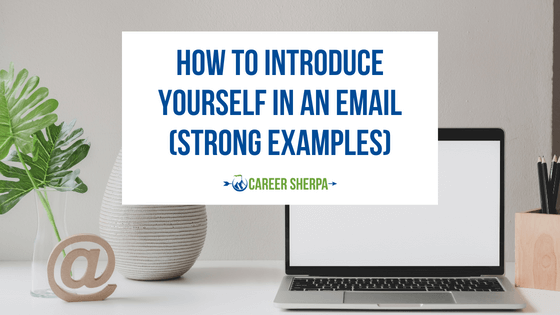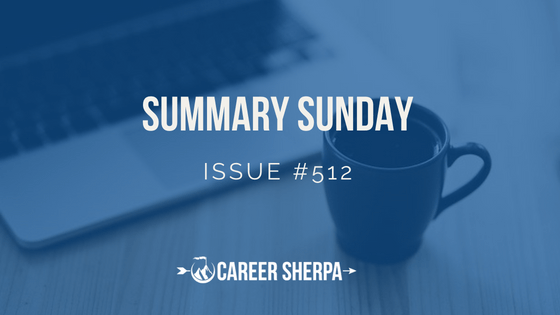4 Smart Tips For Answering Job Interview Questions

Job seekers spend hours drafting their cover letters and contacting different companies, hoping to get a job interview. A smart job seeker knows the common interview questions a hiring manager will ask in a job interview and will prepare answers accordingly. Anticipating and crafting interview questions and answers gives you the best shot at making a good impression.
Usually, employers ask a common set of questions. So, we’re going to share some important points regarding those questions and how you should respond to them. Here are five smart tips for answering interview questions:
Do Not Be Impulsive When Answering Questions
Different hiring managers speak at different speeds. Allow the hiring manager to complete the question and listen to each and every word carefully. Some questions start off similar to other questions but demand different responses.
For example, an employer might ask you, “What skills do you have to deal with a customer?” Here, if you listen to only the first part, that is, “What skills do you haveâ¦?” you will end up giving a wrong answer.
Take A Pause Before Answering A Question

Wait a few seconds after the employer stops speaking to make sure you heard the complete question. Create a mental list of points to include in your response. Do not wander off the point, and answer directly, covering all main points of the questions. Be sure to answer all parts of the employer’s question.
Respond By Stating Your Key Points

Repeat your key points 2-3 times while answering the question. Explain how you have applied these points in your previous jobs. Finish your answer by reiterating these points. This will highlight your skills and reinforce your case to the employer as the ideal person for the job.
Tell The Interviewer Something Unique About Yourself

If you are good at creative things like graphic designing, essay writing, event planning, and so on, then you should definitely let them know about your extraordinary skills. It’s important to leave the interviewer with a lasting impression.
Each response must tell the interviewer something new. For example, when you answer questions like, “Tell me about yourself,” you can start out with “As a longtime volunteer at XYZ organization…”
Some final things to keep in mind while going through the job interview…
Listen carefully to your interviewer. It does not matter if you get the job or not, an interviewer is giving you an opportunity for professional growth and therefore deserves respect. Put your phone on “silent mode” before going into your job interview. A ringing tone or message alert may distract you and the interviewer from the discussion.
If you remember these tips during your next job interview, you’ll impress the hiring manager and stand out as a smart, capable, and qualified job candidate. Never underestimate the power of good interview questions and answers!
Need more help with your job search?
Become a member to learn how to land a job and UNLEASH your true potential to get what you want from work!
This article was originally published at an earlier date.



























